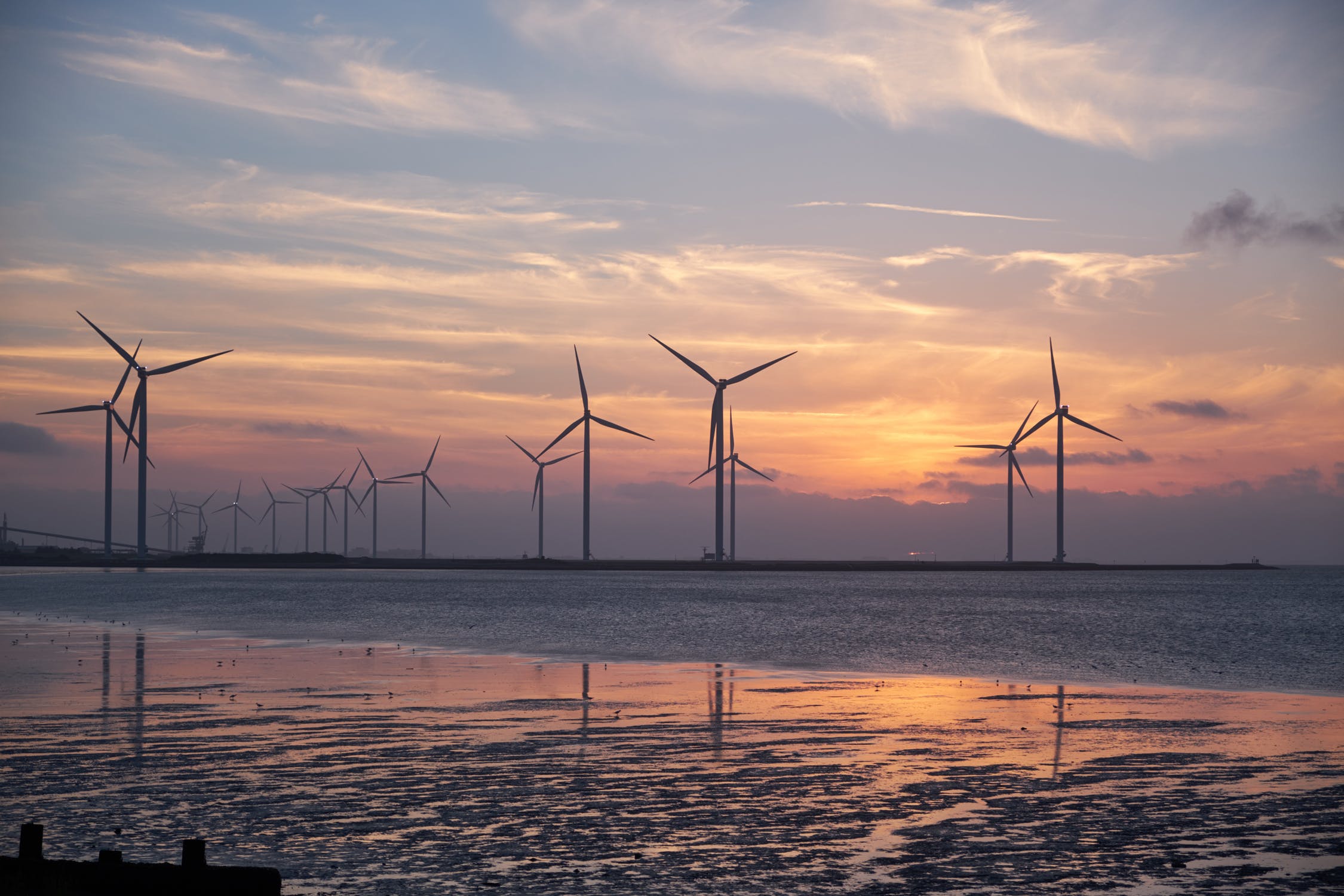In previous articles, we asked about our energy transitions, our level of ambition and understanding of the issues, and the strengths we have to take action.
But why do we seem to have so much trouble taking action?
I often meet teams in difficulty to achieve their goals, without identifying the reasons, marketers disappointed by the lack of success of a promising new offer, start-ups discouraged by a market that seems to refuse to them. The first explanations are often in the actors games, in the undesirable repercussions of the first actions carried out, in unplanned competitive games.
I also observe a lack of comprehensive and detailed understanding of energy transitions and their impact, technologies and their evolution, actors and their interests, consumers and their needs.
How to act effectively in a context of which whole areas escape us?
Rare are the actors of the energy transition who are able to project themselves into the future, who have defined an understandable course and applicable for all. I am not talking about political intentions, but about a structuring framework that is sufficiently precise to give coherence to actions and decisions. To act collectively in a coherent way, we need a frame of reference; to set this frame of reference, we must understand our issues and our environment.
How to apprehend such a new environment?
Our world has been built on the use of fossil fuels. It’s not just energy systems that need to be reinvented, it’s our relationship to energy as a whole. No wonder we have the greatest difficulty in acting. We must get rid of many mental patterns that we have always considered immutable. Simple examples? A regular flow of power generation is required to manage and balance an electrical network; energy is available without limit: it is enough to act on a switch, goyen valves or a collective heating valve to dispose of it; fossil energies are the least expensive and we have been promised for years that they have been exhausted without it having happened.
How to act and invent tomorrow if we remain locked in our beliefs?
We all perceive a great deal of uncertainty about what will be tomorrow’s energy world and when the upheavals will take place. These uncertainties paralyze many of us and justify the frequent emergence of denial attitudes.
One certainty however: to do nothing is a dangerous bias for an organization, for utilities or industries. Doing nothing does not prepare the teams for change and movement: the day it becomes urgent and unavoidable to change, organizations are not ready and remain too slow to adapt.
But how to get in motion if we are afraid of hazards and we have not developed the tools to manage in such a context?
For a long time, organizations that have been able to focus on a business model and optimize it to the extreme have made it a differentiating performance factor.
However, each area of activity is now a field of innovation for business models: those of energy performance contracts are not comparable to those of electric vehicle charging station networks along major highways, to those of the supply of gas to large industries or the supply of heat in a tertiary building.
How can we act without adapting certain organizations to a successful cohabitation of several business models?
The complexity of emerging energy systems, the interdependence of each of their components often make it difficult or impossible to control all activities, technologies, access to the market, offers and solutions by the same organization. It becomes essential to develop actors’ ecosystems.
How to integrate into such an ecosystem when one is used to working in a classic autonomous scheme?
I have a lot of reasons to think that most energy providers, energy service providers, industries are not ready to go through an energy transition without a hitch, or even to take advantage of it. This does not mean that they will not succeed but that it is time for them to adapt.
The main issues listed above are not technical: they are organizational and human. However, no progress can be made independently of the characteristics of energy businesses, technologies and markets. There is therefore a compelling need to learn to combine technical skills and soft skills.
Click here to read other articles of the same author.



Leave your comments
Post comment as a guest